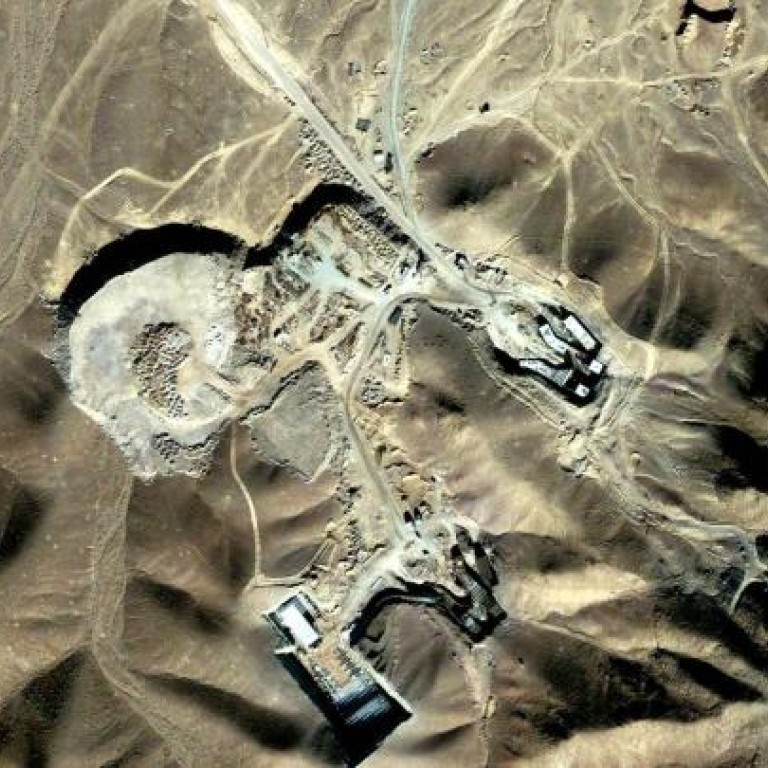
Iran and International Atomic Energy Agency expect to sign deal in January
Watchdog's agreement with Tehran expected to be sealed next month will only partly end stand-off and appease Israel, experts say
The UN atomic agency, after a year of false starts, finally expects to sign a long-elusive deal with Iran on January 16, but that will be the easy part, experts say.
Implementing the accord will be a long and fragile process that will only partially resolve a decade-long stand-off over Iran's nuclear programme and help to silence Israeli "drums of war".
Implementing the accord between the IAEA and Iran "will take years", one Vienna diplomat said, adding: "It's not going to be solved overnight."
The International Atomic Energy Agency's announcement on Friday, after talks in Tehran that it expects a deal in January, was something of a surprise after a string of previous fruitless meetings, and considerable scepticism remains.
"We have been down this road before," said analyst and former US State Department official Mark Fitzpatrick.
The IAEA says it wants Iran to allow it to visit sites, talk to officials and examine documents "related to the development of a nuclear explosive device" mostly in the past but possibly ongoing.
The IAEA, in a November 2011 report, cited "overall, credible" evidence indicating that such activities took place until 2003, and possibly since.
They included experiments with high explosives, tests with surrogate nuclear materials to simulate a nuclear explosion, modelling and engineering studies on ballistic missile payloads and a "green salt project" to enrich uranium covertly.
But questions persist over the sources of the information.
The IAEA said its sources included a "foreign expert" (thought to be a former Soviet nuclear scientist who worked in Iran), satellite images, open-source documents and the nuclear trafficking network of Pakistan's Abdul Qadeer Khan, as well as information from Iran. But the bulk came from foreign intelligence services.
Iran has denounced the IAEA's alleged evidence as either forgeries from its enemies or as non-nuclear - therefore none of the IAEA's business. It also complains that the IAEA refuses to show it some of the material.
But the IAEA maintains that Iran has a case to answer, and in part to get around the foreign intelligence issue it has sought access to the Parchin military base because its information on the base is "independent".
"Bypassing these issues with a military dimension or refusing to respond to questions is not the solution," IAEA head Yukiya Amano said.
Iran wants to agree to what both sides call a "structured approach" document - IAEA jargon for a work plan to deal with the accusations in a methodical way.
But this has proved to be a sticking point because Iran wants to include elements that some of the IAEA's member states fear might "sacrifice the IAEA's authority to get information it needs", said Mark Hibbs, of the Carnegie Endowment for International Peace.
One Vienna diplomat, for example, said on Friday, after being briefed by the IAEA after its talks in Tehran the day before that Iran wanted the IAEA to agree to "close" an issue for good once it had been addressed.
